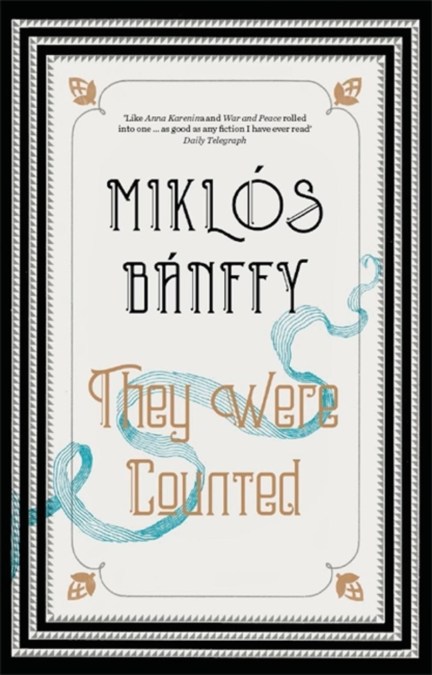Newsletter Signup
By clicking ‘Sign Up,’ I acknowledge that I have read and agree to Hachette Book Group’s Privacy Policy and Terms of Use
Reviews
Just about as good as any fiction I have ever read, like Anna Karenina and War and Peace rolled into one. Love, sex, town, country, money, power, beauty, and the pathos of a society which cannot prevent its own destruction - all are here
Fascinating. He writes about his quirky border lairds and squires and the high misty forest ridges and valleys of Transylvania with something of the ache that Czeslaw Milosz brings to the contemplation of this lost Eden
Pleasure of a different scale and kind. It is a sort of Galworthian panorama of life in the dying years of the Habsburg Empire - perfect late night reading for nostalgic romantics like me
Full of arresting descriptions, beautiful evocations of scenery and wise political and moral insights
So enjoyable, so irresistible, it is the author's keen political intelligence and refusal to indulge in self-deception which give it an unusual distinction. It's a novel that, read at the gallop for sheer enjoyment, is likely to carry you along. But many will want to return to it for a second, slower reading, to savour its subtleties and relish the author's intelligence
Like Joseph Roth and Robert Musil, Miklós Bánffy is one of those novelists Austria-Hungary specialised in. Intimate and sparkling chroniclers of a wider ruin, ironic and elegiac, they understood that in the 1900s the fate of classes and nations was beginning to turn almost on a change in the weather . . . Bánffy, a prime witness of his times, shows in these memoirs exactly what an extraordinary period it must have been to live through
Although comparisons with Lampedusa's novel The Leopard are inevitable, Banffy's work is perhaps nearer in feel to that of Joseph Roth, in The Radetzky March. They were, after all, mourning the fall of the same empire
